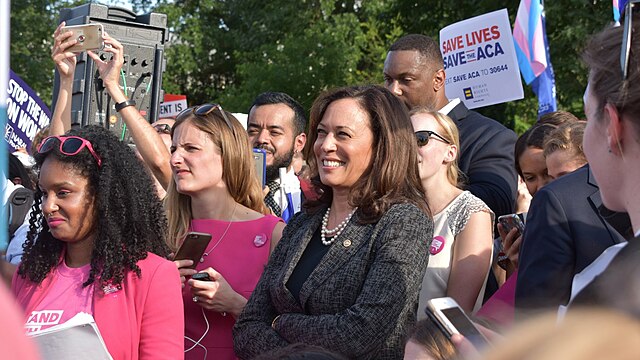Picture this: a young girl is assaulted. She fights off her attacker. She dictates how others interact with her body.
She states a firm and clear “no” and defends herself against anyone who does not respect it. She receives a standing ovation for her strength and bravery.
How rarely do we see this in modern media?
One singular movie comes to mind that sets a precedent for sexual assault representation. Veronica Roth’s “Divergent” and its movie show girls that it’s okay to fight back.
“It showed how it’s alright to say no, even if one is afraid,” said Early College freshman Erin Goeke, who has read all three books in the series. “It showed the strength that every woman has, recognized or not.”
“Divergent” speaks to our culture. It says that women have the right to dictate how and if others touch them.
The main character, Tris Prior, joins a post-apocalyptic faction of daredevils and pushes past her fears in order to succeed in their culture. She goes through holographic versions of all of her greatest fears and tries to overcome them.
One of these fears is of sexual assault, which she overcomes by kicking, screaming, and fighting until her “no” is respected.
While victims should never be blamed for their assault, even when they’re too afraid to fight back, they should always be told that fighting their attackers is warranted.
Beth Lalonde wrote an editorial for Medium about her experience seeing the “Divergent” movie.
“I witnessed a ferocious, determined three-hour-long middle finger to rape culture,” wrote Lalonde. “A subversion and deconstruction of every exploitative, sexist action blockbuster ever made.”
Lalonde’s account says a lot about what viewers think when they see the scene: that a young woman is taking control of her body.
“I wept,” writes Lalonde. “Because I had been there, in that bedroom, with someone I liked, and I had been too afraid to hit back. Too afraid to say no.”
Many victims of sexual assault and supporters of the movie have praised its portrayal of young adults. However, other viewers have been much more critical.
“(‘Divergent’) is a movie about sex and rape culture that doesn’t really show any sex,” wrote Amy Zimmerman in an editorial for The Daily Beast. “(The filmmakers) have rendered their characters two dimensional and flimsy by making them poster children for enthusiastic consent as opposed to believable teenagers.”
In Zimmerman’s opinion, movies without sex cannot make a statement regarding consent or assault. Even more than that, young adults who don’t want to have sex are “unrealistic.”
This is the kind of argument that tells thousands of young girls that saying no goes against the natural order of things — that they have no right to deny their partners sex because they’re supposed to want it.
“Divergent” changes this classic dialogue.
“Teenage girls all around the world are going to witness Tris insisting on consent, and teenage boys are going to witness Four (the male lead) listening to her,” wrote Lalonde.
Consent is important. “Divergent” is important. I can only hope that it sets a precedent for future young adult action movies.





